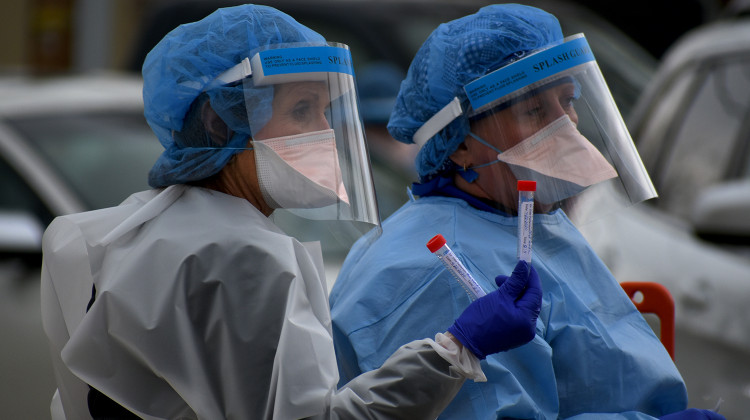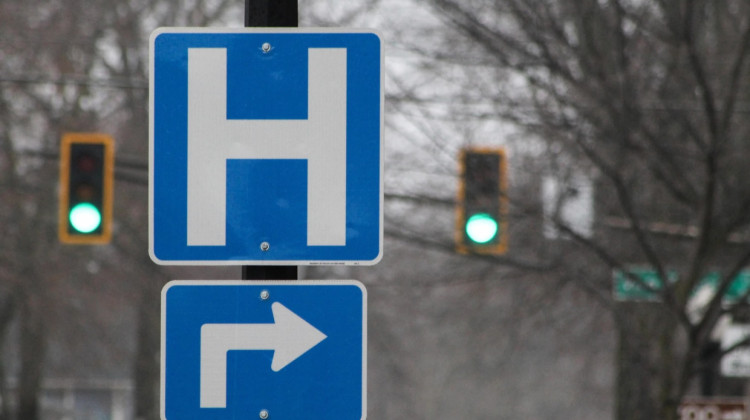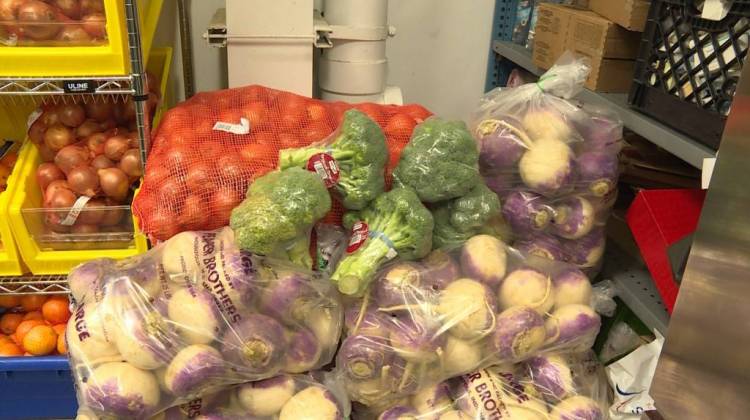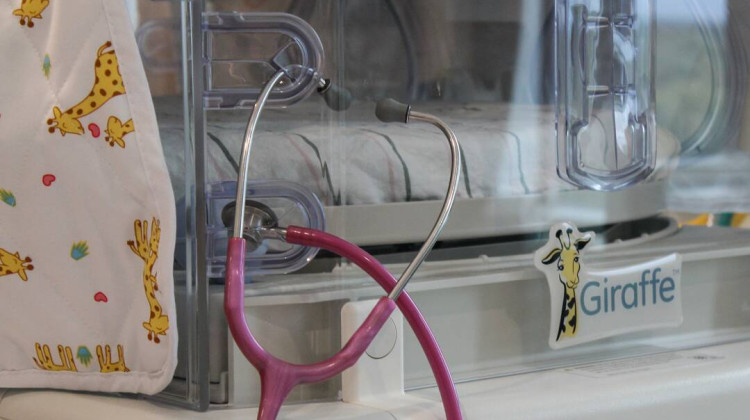It’s been three months since COVID-19 first hit the United States. Many states are well on their way to reopening. But there’s still no vaccine. Indiana Public Broadcasting’s All IN talked to an epidemiologist and a hospital executive who reflected on the past three months and talked about what to expect as states continue to open.
Indiana University-Purdue University Director of Epidemiology Education Tom Duszynki says at the beginning of the pandemic, the expected number of infections and deaths looked grim. But he says the preventative measures states took helped slow the virus.
"In the absence of a vaccine and the absence of solid proven treatment, we were really able to bend that curve,” Duszynki says. “Those simple actions of good hand-washing, physical or social distance were able to have an effect.”
Dr. Ram Yeleti, chief physician executive at Community Health Network, says as states reopen, it is important to remember the virus has not gone away. It's unlikely a vaccine will be available until next year, but the country will be better prepared for a suspected second wave in the fall, he adds.
“We will have more tools, not the ideal ones, but definitely have more tools,” Yeleti says. “I do think, when it comes back it may still be just as contagious, but we will have a lot more better ways to handle it and not shut down the entire country.”
In this episode, All IN also spoke to IU Health’s Danielle Henderson about the impact racism has on mental health.
 DONATE
DONATE







 Support WFYI. We can't do it without you.
Support WFYI. We can't do it without you.